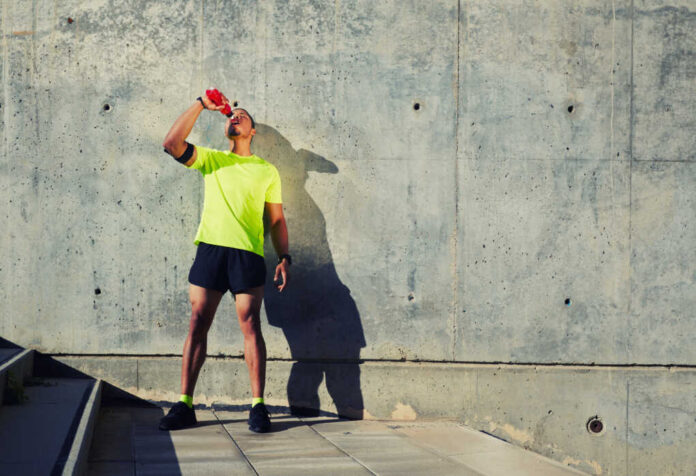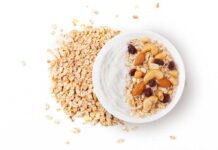
If you think the latest summertime “hydration boosters” flooding the market are anything more than a slick way to sell you salt and sugar at five bucks a pop, wait until you see what the medical experts are actually saying—because the truth about staying healthy in the heat is a full-blown reality check for anyone tired of modern snake oil and government-fueled health scares.
At a Glance
- Medical experts say water suffices for most people; electrolyte supplements are rarely essential.
- Hydration “multipliers” are aggressively marketed, but their benefits are limited to extreme activity and heat exposure.
- Overuse of electrolyte products can put people with high blood pressure or kidney disease at risk.
- Public health messaging is increasingly warning against unnecessary supplementation and possible misinformation.
Hydration Hype: Marketing vs. Medical Science
For decades, Americans have been told that drinking water is the key to surviving the summer heat. Now, in true 21st-century fashion, the wellness industry has “innovated” with a parade of hydration multipliers—powders, tablets, and drinks loaded with electrolytes, promising to turn your basic tap water into a miracle cure for dehydration. These products, once reserved for athletes collapsing on marathon routes, are now aimed at soccer moms, lawn-mowing dads, and anyone sweating through a July afternoon. The irony? For nearly everyone, plain water still does the trick, yet the marketing machine would have you believe that anything less than a custom chemical cocktail is practically a death wish.
🌞 TRUE Hydration
Spring water + shilajit + electrolytes = deep cellular hydration
Dry eyes? Tired vision? You’re probably mineral-deficient.
Skip the plastic water bottle. Detox & mineral-maxx.
DM ‘SALTY’ for daily electrolytes free of “natural flavors”, heavy metals & BS. pic.twitter.com/NKhZsSnCcJ
— 🌞 Christian Van Camp 🌞 (@cvcwellness) May 7, 2025
While the makers of these “hydration boosters” rake in profits, actual medical studies tell a much less dramatic story. Yes, adding electrolytes—sodium, potassium, magnesium—can help people who are truly sweating buckets for hours on end, but for the average person, all that extra salt and sugar is more likely to land you in the doctor’s office than make you a summer superstar. In fact, experts warn that for anyone with high blood pressure or kidney issues, popping electrolyte supplements like candy could actually cause more harm than good. But don’t expect to see that spelled out on the side of your next neon-colored sports drink.
Watch a report: Hydration: Sports Drinks vs Water – Texas Children’s Sports Medicine
Science Says: Water Wins for Most, Supplements for the Few
Recent studies—yes, the kind based on real science, not influencer testimonials—show that electrolyte supplements can improve fluid retention in people who are physically active for long periods in hot conditions. The catch? The benefits level off once you hit a certain sodium threshold, and there’s absolutely no evidence that chugging these drinks prevents illness or magically supercharges your body for the average person lounging by the pool or walking the dog. In fact, a Stanford University study found that these supplements don’t prevent illness in endurance athletes, and that drinking too much water, with or without additives, can be downright dangerous. So unless you’re running an ultra-marathon in Death Valley, you might want to save your money—and your kidneys.
The Real Risks: Overuse, Misinformation, and Health Consequences
As the hydration hype machine keeps churning, public health experts are sounding the alarm about the real risks of this latest bandwagon. The overconsumption of sodium and other electrolytes isn’t just unnecessary—it’s potentially dangerous, especially for anyone with hypertension or kidney disease. Yet, thanks to relentless marketing and a culture that sees “more” as “better,” everyday consumers are being lured into a cycle of wasteful spending and misguided health practices. Even worse, the idea that these products are essential for everyone is crowding out genuine public health messaging about heat safety, hydration, and individual risk.


















